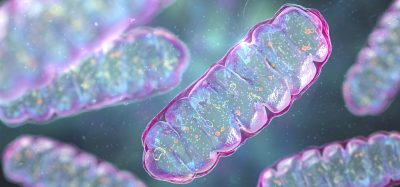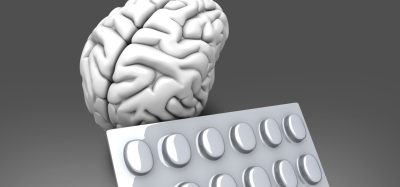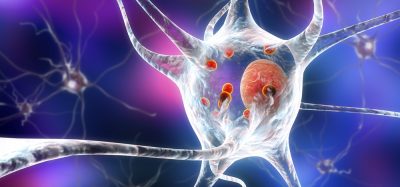Mouse study shows gene therapy could fight against rare disease
Posted: 7 June 2022 | Ria Kakkad (Drug Target Review) | No comments yet
A new study shows that gene therapy could correct a rare creatine deficiency disorder that commonly results in intellectual disabilities, problems with speech, involuntary movements, and recurrent seizures.


Scientists from University of California Los Angeles (UCLA), US, have developed a gene therapy that could alter a rare creatine deficiency disorder that commonly results in intellectual disabilities, problems with speech, involuntary movements, and recurrent seizures. The treatment, which was tested in mice, could open doors to available therapy for the inheritable disorder, known as guanidinoacetate methyltransferase deficiency (GAMT).
The only therapy now available for GAMT patients is a dietary treatment of high-dose creatine, which frequently has limited effectiveness and leaves some patients at risk of recurrent seizures and other symptoms.
The results of the study, which were recently published in Molecular Therapy, showed that the gene therapy approach increased creatine in treated mice to normal levels and reduced toxic levels of guanidinoacetic acid (GAA), which is implicated in the pathology of the disease.
The researchers altered a gene therapy viral vector system to carry a normal copy of GAMT, which was administered intravenously to mice genetically modified to have GAMT deficiency. Researchers studied the mice for one year to understand how the therapy altered their biochemistry, brain metabolism and behaviour.
Creatine levels and GAA levels were normalised in the blood of treated mice within 30 days. Testing during the study period found the mice had normal creatine levels in the tissues and organs studied by the researchers. GAA levels were normal in all but the kidney and brain, though GAA in the brain was reduced by approximately 60 percent. Behavioural testing found brain function in the treated mice was normalised compared to untreated mice. Brain metabolism was also normalised, which was not found with the currently available diet-based therapy when examined in mice.
ICYMI: Study suggests postnatal gene therapy could treat Pitt-Hopkins syndrome
READ MORE
“What we have been able to demonstrate is that adult mice treated with this therapy now have normal cognitive activity, which was abnormal before the gene therapy,” said the corresponding author of the study, Dr Gerald S. Lipshutz. “While the human brain and learning is more complex than that of the mouse, we would hope that permanently lowering GAA toxin levels in the brain will lead to correction of cognitive and behavioural abnormalities for human patients.”
The researchers plan to further refine their gene therapy approach with the goal of a lower dose for effective treatment, which could translate to greater safety for afflicted patients.
Related topics
Disease Research, Gene Therapy, Neurosciences
Related conditions
guanidinoacetate methyltransferase deficiency (GAMT)
Related organisations
University of California Los Angeles (UCLA)
Related people
Dr Gerald S. Lipshutz








